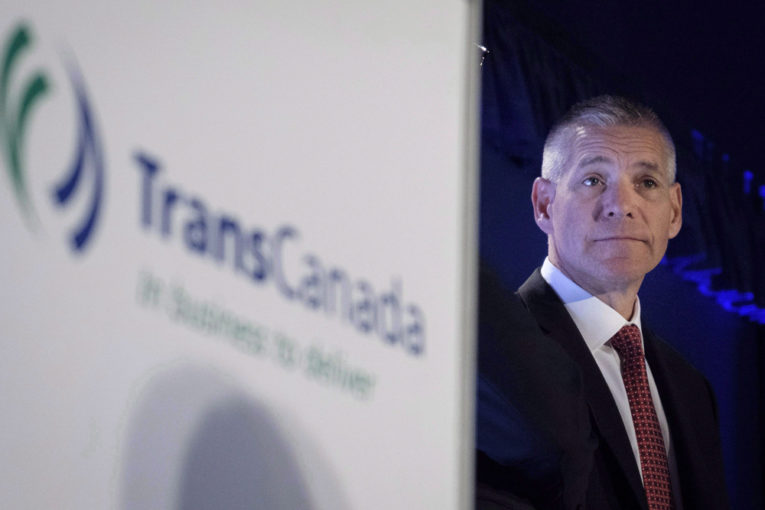
CALGARY — Canada’s pipeline giants are gradually trimming their stakes in renewable energy assets, reversing a bullish trend among midstream operators amid soaring valuations for clean energy developments.
On Thursday, TransCanada Corp. announced it would sell its Cartier wind facilities in Quebec to Innergex Renewable Energy Inc. for $630 million, entirely wiping away the firm’s wind and solar portfolio, following another $540-million sale last October in which it offloaded several solar facilities.
TransCanada and rival Enbridge Inc. have been reducing their stakes in various renewable energy developments in recent months to reduce their debt load, taking advantage of private equity firms and pension funds’ rising interest in the sector.
Chris Cox, analyst with Raymond James in Calgary, said the sales reflect rising valuations for renewables as more investors seek out steadier returns.
“Nothing has changed except that the market for assets inherently fluctuates,” he said. “It was a less competitive market — it’s now gotten a lot more competitive.”
Enbridge, for its part, divested a 49 per cent stake in renewable energy assets in North America and offshore wind farms in Germany for $1.75 billion in May, as part of a joint venture with the Canada Pension Plan Investment Board. Enbridge still retains interest in 2,500MW of zero-emissions power projects, and is one of Canada’s largest investors in clean energy.
One month later, energy infrastructure company AltaGas Ltd. sold its 35 per cent interest in three hydro projects in B.C. to a joint venture owned by Axium Infrastructure Inc. and Manulife Financial Corp. for $922 million.
Analysts say Enbridge and TransCanada have been selling billions of dollars of assets following two blockbuster acquisitions in recent years that raised their debt profiles. At the same time, the entry of new investors into the market has offered lucrative returns for the midstream companies.
“Most recently, the trend has been for companies to shed non-core assets” in order to redeploy capital into more traditional assets such as natural gas pipelines, said Patrick Kenny, analyst at National Bank Financial.
Private equity firms such as Brookfield Energy Partners L.P., a division of Brookfield Asset Management Inc., have flocked toward renewable energy developments, capitalizing on government policies aimed at boosting renewable energy capacity. Brookfield and its partners last year bought a majority stake in TerraForm Power, a solar and wind producer in the U.S., for $656 million.
Cox said heightened interest from private equity players has also increased competition on government-led request for proposals (RFPs) for new renewable developments, forcing some firms onto the sidelines.
“It’s that competitive process to try to develop these RFPs that makes new renewable project bids less compelling for an Enbridge or a TransCanada to pursue,” he said.
TransCanada reported on Thursday a drop in second-quarter profits of 11 per cent, beating analyst expectations.
Net income attributable to common shareholders amounted to $785 million, or 88 cents per share, down from $881 million, or $1.01 per share during the same period in 2017.
The most recent quarter included an $11 million after-tax loss related to the winding down of U.S. Northeast power marketing contracts.
Total revenue slid to $3.20 billion from $3.23 billion a year before.
The company said it’s seeing strong interest from oil shippers to lock up the remaining space on its Alberta-to-Houston Keystone XL pipeline project and expects it to be fully subscribed. TransCanada has not yet made a final investment decision on its $8-billion KXL expansion. That decision may come late this year or in early 2019, pending some remaining regulatory approvals needed and court challenges, chief executive Russ Girling said.
• Email: [email protected] | Twitter: jesse_snyder
With a file from Thomson Reuters
You can read more of the news on source
